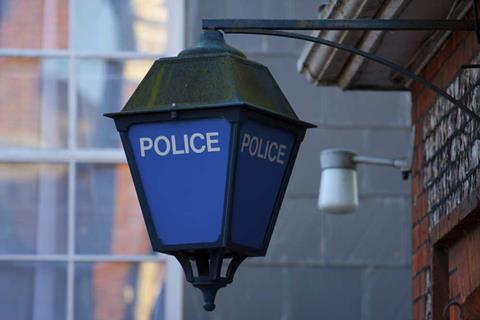Reforms to incentivise solicitors to take on complicated cases are on hold due to a lack of ‘accurate’ billing data, the small print of yesterday's £16m legal aid announcement reveals.
Announcing a ‘pay boost’ for criminal legal aid lawyers, the Ministry of Justice said in a press release yesterday morning that fees currently do not appropriately differentiate between case complexity, ‘meaning a lawyer spending 30 minutes on a shoplifting case and five hours on a murder trial would likely receive the same fixed fee for both jobs’.
The criminal legal aid review recommended a system of ‘standard’, ‘higher standard’ and ‘non-standard’ fees based on time spent. However, the ministry said in a consultation document, published yesterday afternoon, that it cannot consult on a standard fee model due to 'data limitatons'.

The document says: ‘Providers already submit data to the LAA in respect of most of the categories required to inform a standard fee model. However, it was advised by the Criminal Legal Aid Advisory Board police station subgroup that the cost data currently submitted by providers via the LAA billing systems is not always accurate.
‘This is because the structure of the current fee scheme does not incentivise accurate reporting of time spent. For example, the same fixed fee is claimed for the majority of cases regardless of how many hours worked due to the level of the escape fee threshold, so there is no financial benefit to accurately reporting how many hours have been worked on a case.’
The ministry needs ‘accurate data from a reliable sample size with a representative group of firms’ to work out fee thresholds.
‘Moving towards fee schemes that pay more fairly for the work done could help improve efficiency as well as equity within police station work. However, modelling this will require accurate data which we do not currently have,’ the consultation says.
For now, the ministry is consulting on spending the £16m to ‘harmonise’ the different police station fee schemes that currently exist.
Two options are on the table. The government could either uplift the lowest fees, which would benefit 174 non-London schemes. Or - its preferred option - uplift the lowest fees for non-London and London schemes.
The consultation closes on 28 March with any pay increase to apply to new work from this summer.
This article is now closed for comment.



























4 Readers' comments